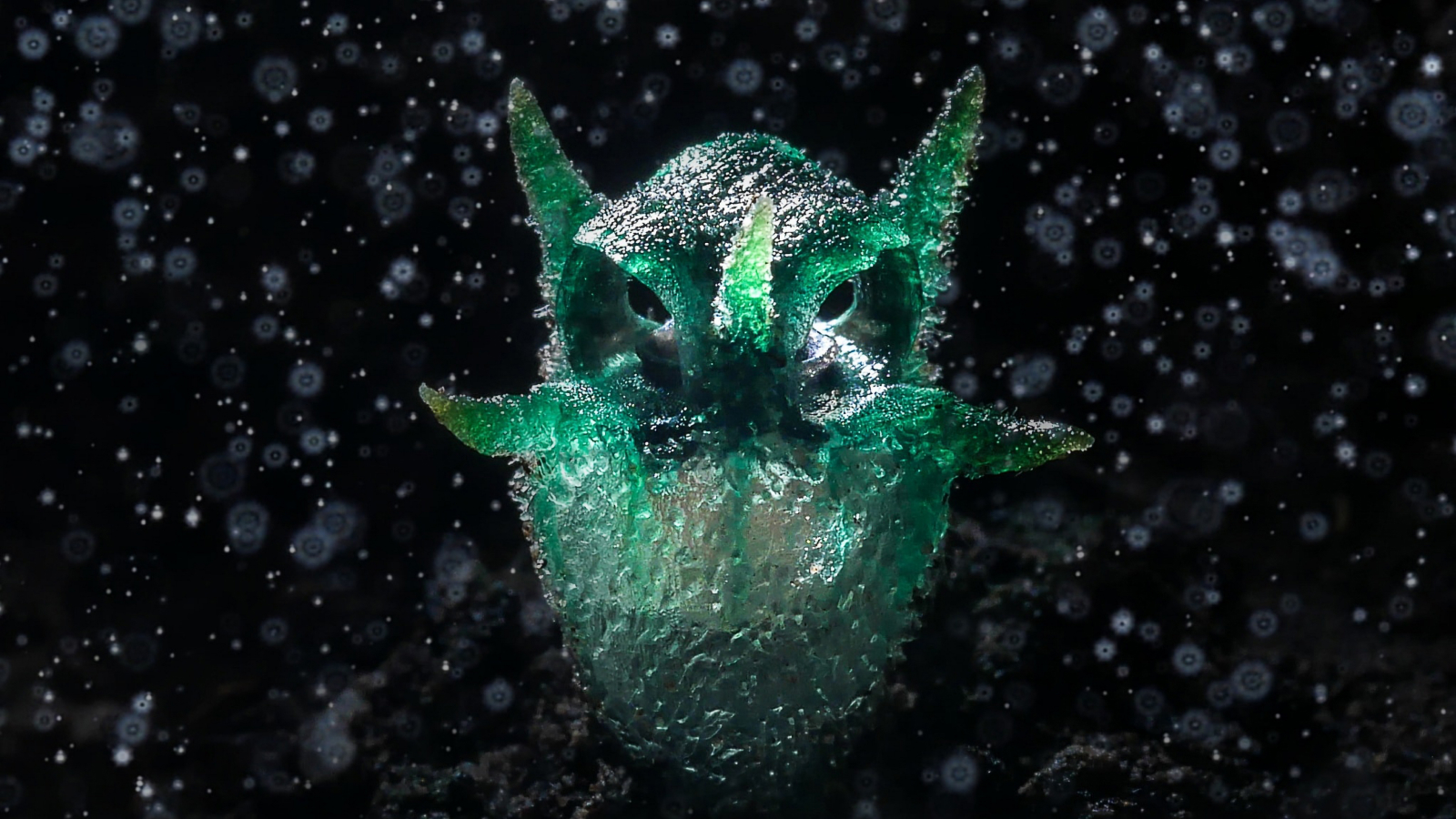Animals, Vol. 14, Pages 1268: The Effects of Microbial Additive Supplementation on Growth Performance, Blood Metabolites, Fecal Microflora, and Carcass Characteristics of Growing–Finishing Pigs
Animals doi: 10.3390/ani14091268
Authors: Hyuk-Jun Lee Bu-Gil Choi Young-Ho Joo Chang-Hyun Baeg Ji-Yoon Kim Dong-Hyeon Kim Seong-Shin Lee Sam-Churl Kim
This study aimed to assess the effects of microbial additives that produce antimicrobial and digestive enzymes on the growth performance, blood metabolites, fecal microflora, and carcass characteristics of growing–finishing pigs. A total of 180 growing–finishing pigs (Landrace × Yorkshire × Duroc; mixed sex; 14 weeks of age; 58.0 ± 1.00 kg) were then assigned to one of three groups with three repetitions (20 pigs) per treatment for 60 days of adaptation and 7 days of collection. Dietary treatments included 0, 0.5, and 1.0% microbial additives in the basal diet. For growth performance, no significant differences in the initial and final weights were observed among the dietary microbial additive treatments, except for the average daily feed intake, average daily gain, and feed efficiency. In terms of blood metabolites and fecal microflora, immunoglobulin G (IgG), blood urea nitrogen, blood glucose, and fecal lactic acid bacteria count increased linearly, and fecal E. coli counts decreased linearly with increasing levels of microbial additives but not growth hormones and Salmonella. Carcass quality grade was improved by the microbial additive. In addition, carcass characteristics were not influenced by dietary microbial additives. In conclusion, dietary supplementation with 1.0% microbial additive improved average daily gain, feed efficiency, IgG content, and fecal microflora in growing–finishing pigs.

 3 weeks ago
18
3 weeks ago
18


